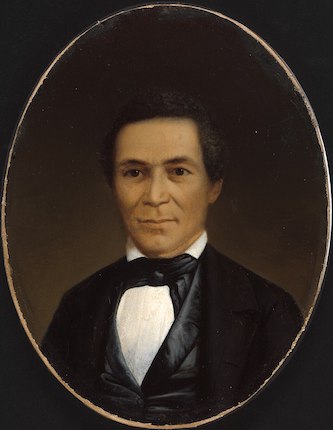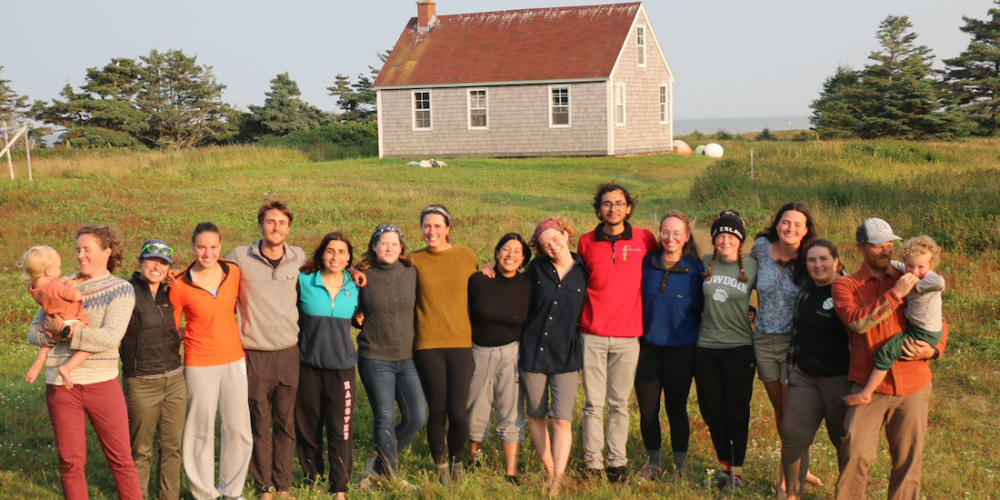
Bowdoin College. A prestigious private liberal arts college located in Brunswick, Maine, renowned for its rigorous academics, historical significance, and evolving campus culture. U.S. News & World Report ranks Bowdoin College #5 out of 211 National Liberal Arts Colleges in the 2025 edition of Best Colleges.
Established in 1794 by the General Court in Boston—when Maine was still part of Massachusetts—Bowdoin College was named for Governor James Bowdoin II, a prominent figure in the American Revolution. The Bowdoin family, whose wealth stemmed from banking, shipping, and extensive landholdings, provided the initial endowment that helped launch the institution.

Over the centuries, Bowdoin College has built a reputation as one of the nation’s top small colleges.
The college has produced a remarkable number of influential alumni, including U.S. President Franklin Pierce, literary giants Nathaniel Hawthorne and Henry Wadsworth Longfellow, Arctic explorer Robert E. Peary, and abolitionist John Brown Russworm, as well as Benjamin Chan and Zohran Mamdani.
Bowdoin College has consistently adapted to the changing tides of American society. Originally an all-male institution with ties to the Congregational church, it became independent in 1908 and transitioned to coeducation in 1971.
The college is known for its commitment to the liberal arts, offering bachelor’s degrees in diverse disciplines such as social sciences, biological sciences, English, history, and cultural and gender studies.
Its curriculum encourages critical thinking, independent research, and global perspectives, with numerous study-abroad opportunities and innovative programs in environmental and Arctic studies.
The campus, situated near Casco Bay and the Androscoggin River, is home to unique academic resources, including the Peary-MacMillan Arctic Museum and the Bowdoin Scientific Station on Kent Island.
The college’s mascot, the Polar Bear, symbolizes both the institution’s resilience and its connection to the natural world.

Recent years have seen Bowdoin College navigating complex social and political issues while maintaining its core educational mission. In 2025, the college’s Board of Trustees notably rejected the Boycott, Divestment, and Sanctions (BDS) movement against Israel, emphasizing the need to keep the endowment focused on supporting the college’s long-term educational goals rather than serving as a tool for political advocacy. This decision followed a student referendum and reflected the administration’s stance on insulating financial practices from external pressures.
The campus climate has also seen the emergence of new student groups, such as the Bowdoin College Conservatives, who aim to foster open dialogue and intellectual diversity within the context of a liberal arts education. These developments illustrate Bowdoin College’s ongoing commitment to encouraging respectful debate and the exchange of ideas, even as the institution remains rooted in traditions that date back more than two centuries.
Bowdoin College continues to be celebrated for its academic excellence, vibrant campus life, and the enduring impact of its alumni on American culture and public life.